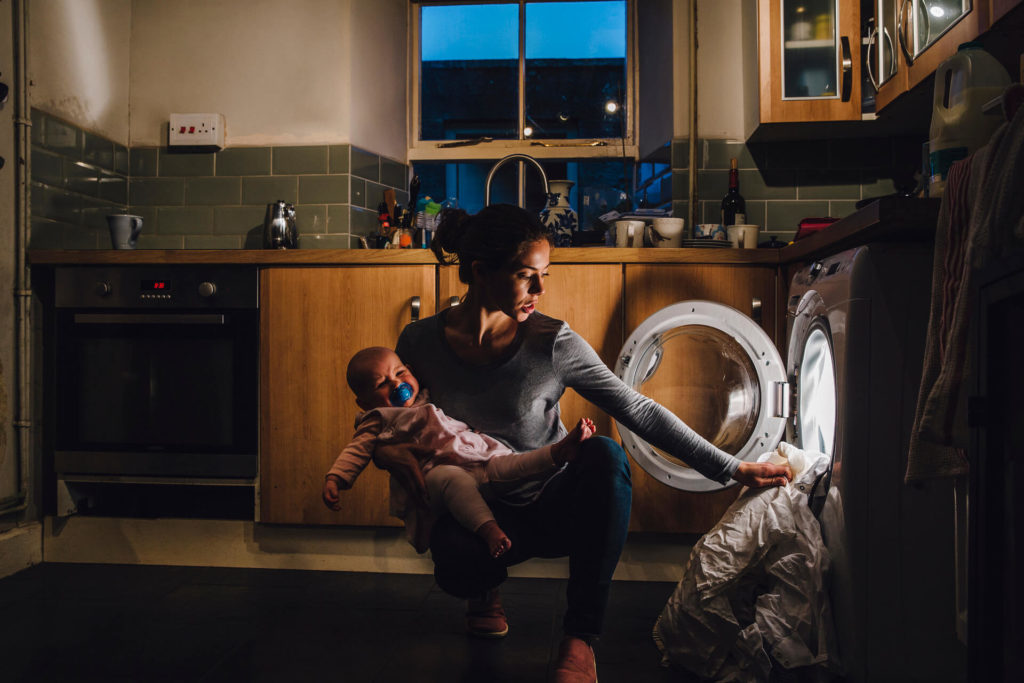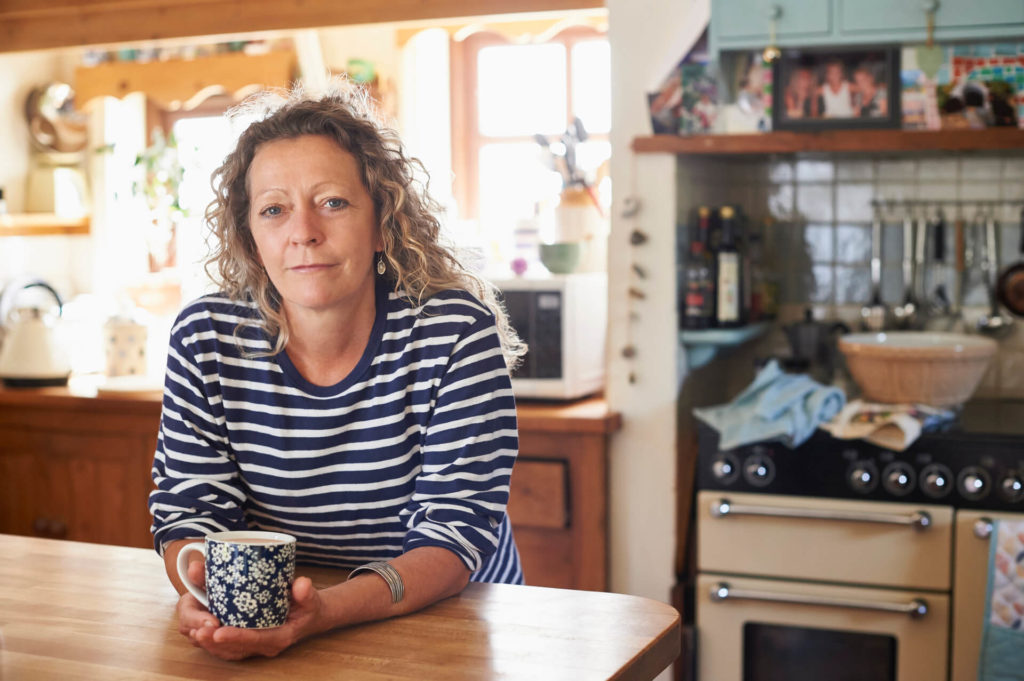
Pushing beyond their limits
Recognising International Women’s Day is more than recognising the achievements of women.
It also means seeing their barriers and struggles while helping them overcome them.
And recent studies have found women are pushing beyond their limits, especially with work and their health.
We’ve compiled some of the factors affecting the mental health of women in the UK:
Cost of living and post-natal wellbeing
Increases in the cost of living in the last year, especially over winter, has put strain on many households.
The cost of living is frequently a concern for people who have just had a baby, especially in the emotionally fragile period in woman’s life after she has given birth.
According to the Guardian, the World Health Organisation (WHO) has flagged concerning inequalities for UK women who are postpartum.
New mothers experiencing poverty or deprivation are at a distinctly higher risk of mortality and suicide.
Women living in the most disadvantaged areas were more than twice as likely to die than those in the most affluent parts of the UK, the MBRRACE Saving Lives, Improving Mothers’ Care report has found.
Lower contact with post-natal care and maternity services over the last five years reveals changes needed to better service the needs of new mothers and families.

Menopause
Women can experience several significant hormonal changes in their lives.
The changes which take place during perimenopause and menopause, the end of a woman’s reproductive years, can impact a woman’s impact physical and mental health.
NHSinform lists some of the symptoms of menopause:
- Anger and irritability
- Anxiety
- Forgetfulness
- Loss of self-esteem
- Loss of confidence
- Problems sleeping
- Low mood, feelings of sadness or depressions
- Poor concentration or ‘brain fog’
A survey of 2,000 women commissioned by the House of Commons women and equalities select committee inquiry into menopause at work last year found 75% reported memory and concentration issues.
69% reported feelings of anxiety or depression enough to reduce concentration and confidence at work, reported in the Guardian.
Presenteeism
Presenteeism is the term used to describe when workers who are unwell physically, even mentally, who continue to attend work.
According to GoodShape, one in three women in the UK are continuing to work while experiencing a mental health condition.
Which makes sense when you discover women under the age of 35 who are most concerned about reporting a mental health concern at work.
While it seems absenteeism would be more of an issue for businesses, employees who ‘soldier on’ can be a bigger problem.
Reduced productivity, becoming socially distant, even turnover is just some of the guaranteed side effects of this.

Ways to reach out
Everyone’s different – want to reach out, but unsure how?
There are several ways we can check in with our loved ones or colleagues:
- The ALEC method – Ask, Listen, Encourage action and Check-in.
- Make time to be social – make a time to catch up for a physical activity or non-alcoholic drink.
- Speak to someone they/you both trust.
- If they mention wanting to see their GP or a therapist, you can offer to drive or accompany them if they need the support.
How leaders can help women at work
According to the University of Sheffield Department of Economics, there are strategies to support women’s mental health at work, whatever stage of life they’re at.
The good news is these can be implemented any time:
- Having job security, along with transparent communication about stability and contract renewal.
- Having greater autonomy over work tasks or workload is beneficial for a sense of achievement, worthiness and belonging.
- Reviewing a person’s work conditions, along with flexible working options for their role.
- Checking in with employees who are working Irregular working hours, either habitually or as part of their roster.
- Publicly support employees to take leave/sick leave for any appointments or days off they might need.
Resources
- If you’re in crisis but it is not life-threatening, phone 111
- If you’re feeling low or considering suicide, phone Samaritans on 116 123
- If there’s an emergency, phone 999
- If you’re looking for someone to talk to, you can contact Breathing Space on 0800 83 85 87. Breathing Space is open:
- 24 hours at weekends (6pm Friday to 6am Monday)
- 6pm to 2am on weekdays (Monday to Thursday)
- Four simple language swaps for more positive and clearer thinking – Women’s Health
Sources
- One in three employees continue to work while experiencing a mental health condition – HR news
- Presenteeism in the UK: Effects of physical and mental health on worker productivity – University of Sheffield Department of Economics
- Poverty in the UK could increase death rates during or after pregnancy, warns WHO – The Guardian
- Saving lives, improving mother’s care report – MBRRACE UK
- Depression symptoms may look different for black women. Here’s how – Huffington Post UK
- Menopause and your mental wellbeing – NHSinform
- Not just hot flushes: how menopause can destroy mental health – The Guardian